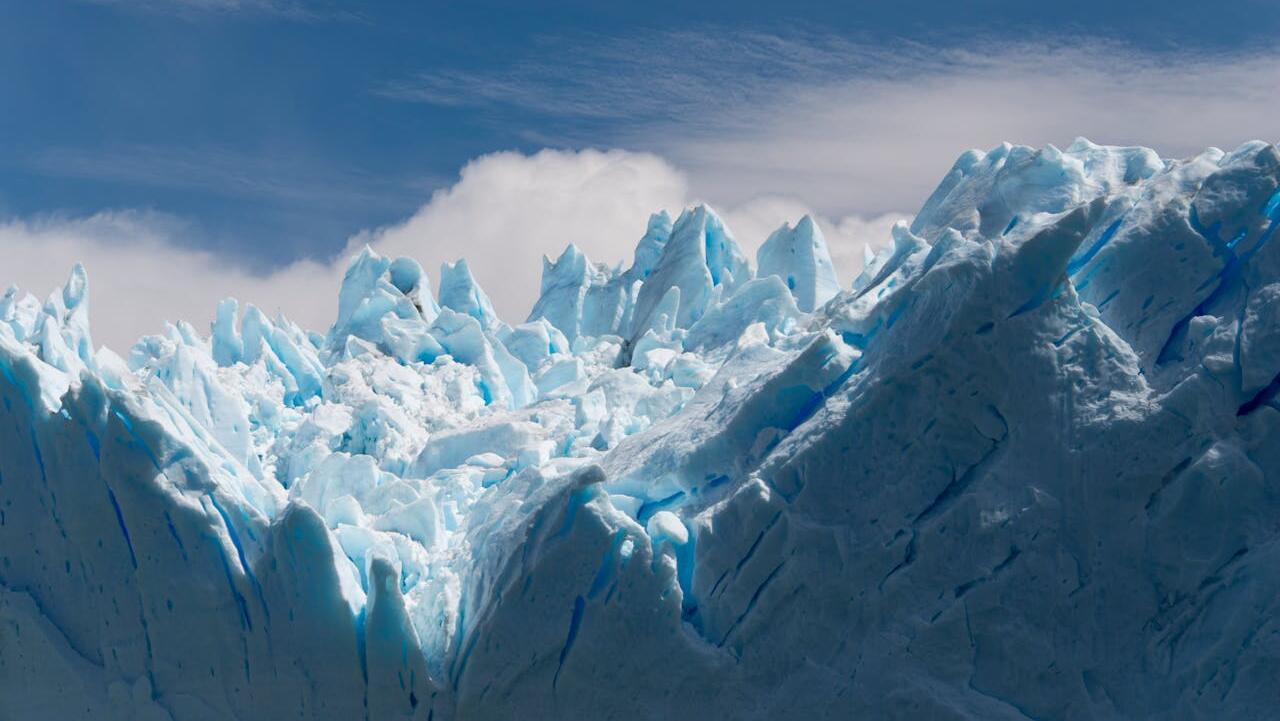These stories reflect diverse and complex political landscapes across the globe. Here's a snapshot of some of the top political stories making headlines across each continent.
North America
The United States Presidential Election race between former President Donald Trump and Vice President Kamala Harris is heating up, with both candidates making their final pushes in key swing states. Some of the key issues influencing voters include the economy, healthcare, and climate change. The candidates are also focusing on immigration policies and social justice reforms, which have become central topics in debates and campaign speeches. The handling of international relations and national security continues to play a significant role in shaping voter opinions.
South America
Brazil's President Luiz Inácio Lula da Silva is pushing for significant economic reforms to address inflation and stimulate growth, facing both support and opposition within the country. These reforms are expected to bolster Brazil's position in international markets by improving investor confidence and attracting foreign investment. By addressing inflation and fostering economic growth, Brazil aims to strengthen trade ties with other countries and enhance its role in global economic forums. However, the reforms also pose challenges, as they may lead to tensions with trade partners who have differing economic agendas or who may be affected by changes in Brazil's economic policies.
Europe
The ongoing Russia-Ukraine conflict continues to dominate headlines, with recent escalations in drone and missile attacks impacting both countries and drawing international attention. And the top political story in the Middle East right now is the escalating conflict between Israel and Iran. The conflict between Israel and Iran has the potential to disrupt economic stability in neighbouring regions, particularly by affecting oil prices and trade routes. Tensions could lead to increased security measures, hindering the flow of goods and raising transportation costs. Countries reliant on Middle Eastern oil may face supply uncertainties, prompting shifts in global energy markets.
Africa
Sudan is grappling with a severe political crisis as rival factions vie for power, leading to widespread violence and humanitarian concerns. Following the opposition's rejection of the election results, the ruling party of Mozambique called for dialogue. This development has sparked significant political tension in the country, with the ruling party urging peaceful discussions to resolve the dispute. In Africa, Nigeria's recent elections have garnered international attention as the country navigates a peaceful transition of power. Newly elected President Amina Bello has promised to focus on combating corruption and improving infrastructure, while also addressing the challenges of national security and economic diversification. Meanwhile, in South Africa, discussions around land reform continue to spark debate, as the government seeks to balance economic growth with social equity.
Asia
China has conducted large-scale naval and air force exercises to warn Taiwan, following Taiwan's National Day celebrations. These exercises are seen as a response to Taiwan's rejection of Beijing's sovereignty claims over the island. The situation has heightened tensions in the region and drawn international attention. Taiwan has responded by strengthening its military readiness and conducting defensive drills to demonstrate its commitment to sovereignty. The Taiwanese government has also increased diplomatic efforts to garner international support, highlighting the importance of regional stability and democratic values. Taiwan has called for dialogue with China to de-escalate tensions and explore peaceful resolutions to ongoing disputes.
Australia
The Liberal National Party (LNP) has secured a narrow victory in the Queensland state election, ending a decade of Labor dominance and setting the stage for new political dynamics in the state. Under LNP leadership, there could be a shift towards more conservative economic policies, with a focus on reducing taxes and promoting business growth. The party may also prioritise infrastructure development and improving public services, aiming to boost the state's economy. Environmental policies might be revisited, with potential changes in energy and land management strategies to balance development with conservation efforts.
Antarctica
Russia and China blocked proposals at the Antarctic marine life conservation conference in Hobart. This move has been described as a "backwards step" by Australia, as it puts krill and the ecosystems that depend on it at risk. The Commission for the Conservation of Antarctic Marine Living Resources (CCAMLR) saw key proposals, including new marine protected areas and revisions to the krill fishery management plan, vetoed by these two countries. The blocking of conservation proposals by Russia and China could have significant consequences for Antarctic ecosystems. Without new marine protected areas and improved krill fishery management, the delicate balance of these ecosystems may be disrupted, threatening species that depend on krill as a primary food source. This decision could also hinder international efforts to safeguard biodiversity and address the impacts of climate change on the region.
